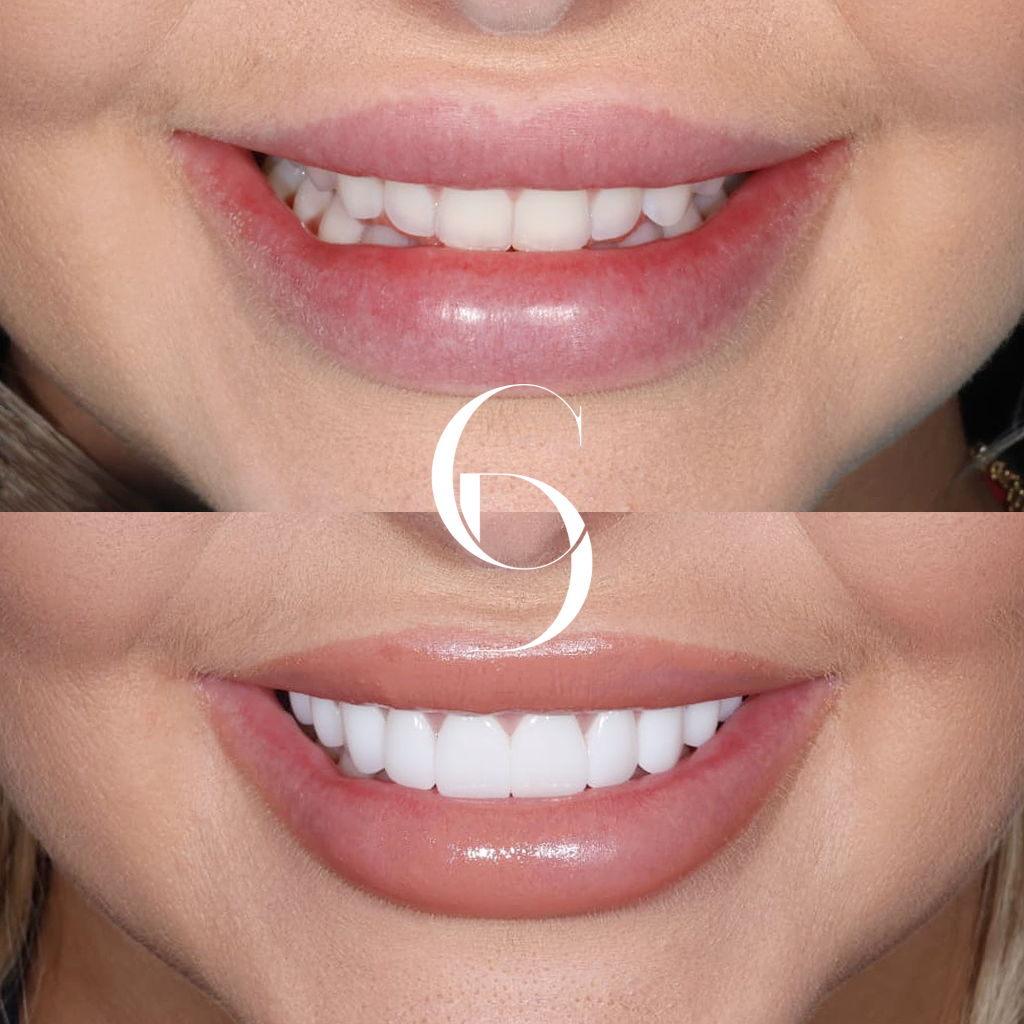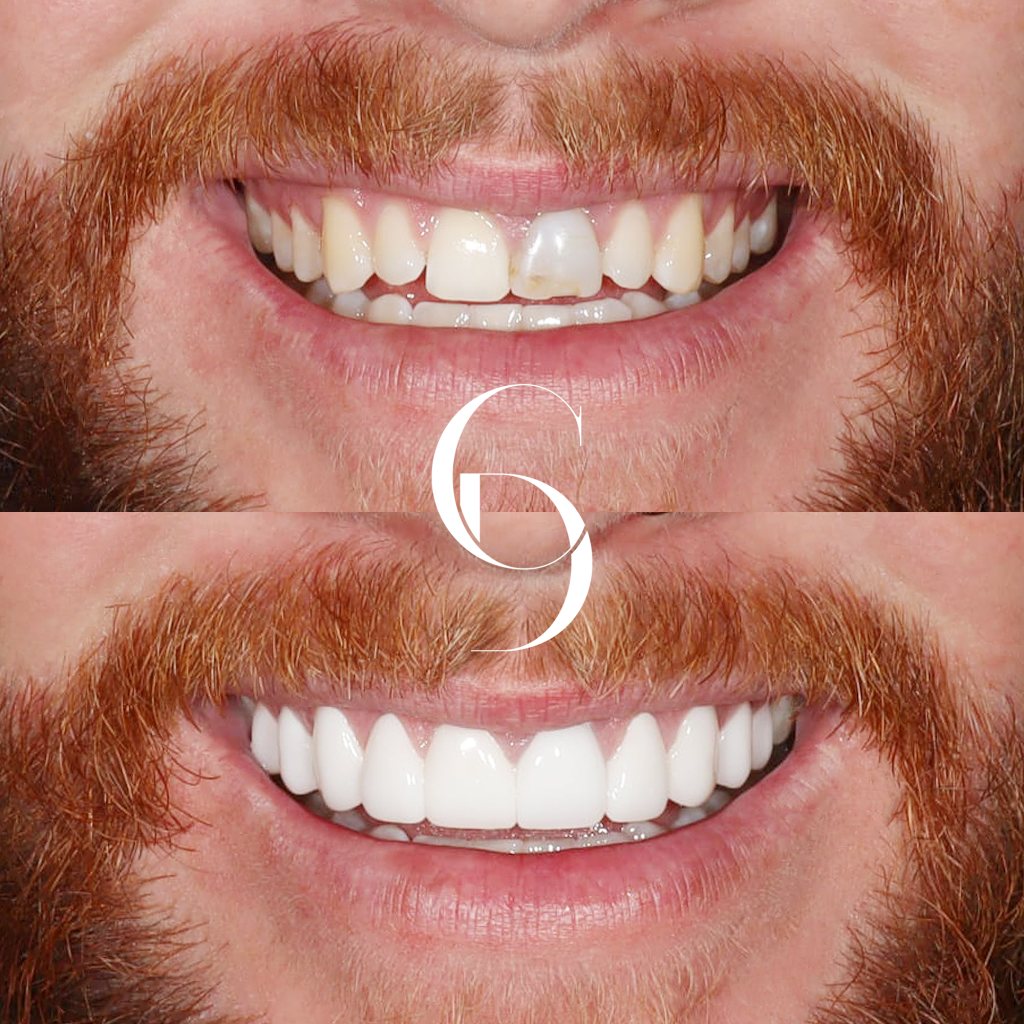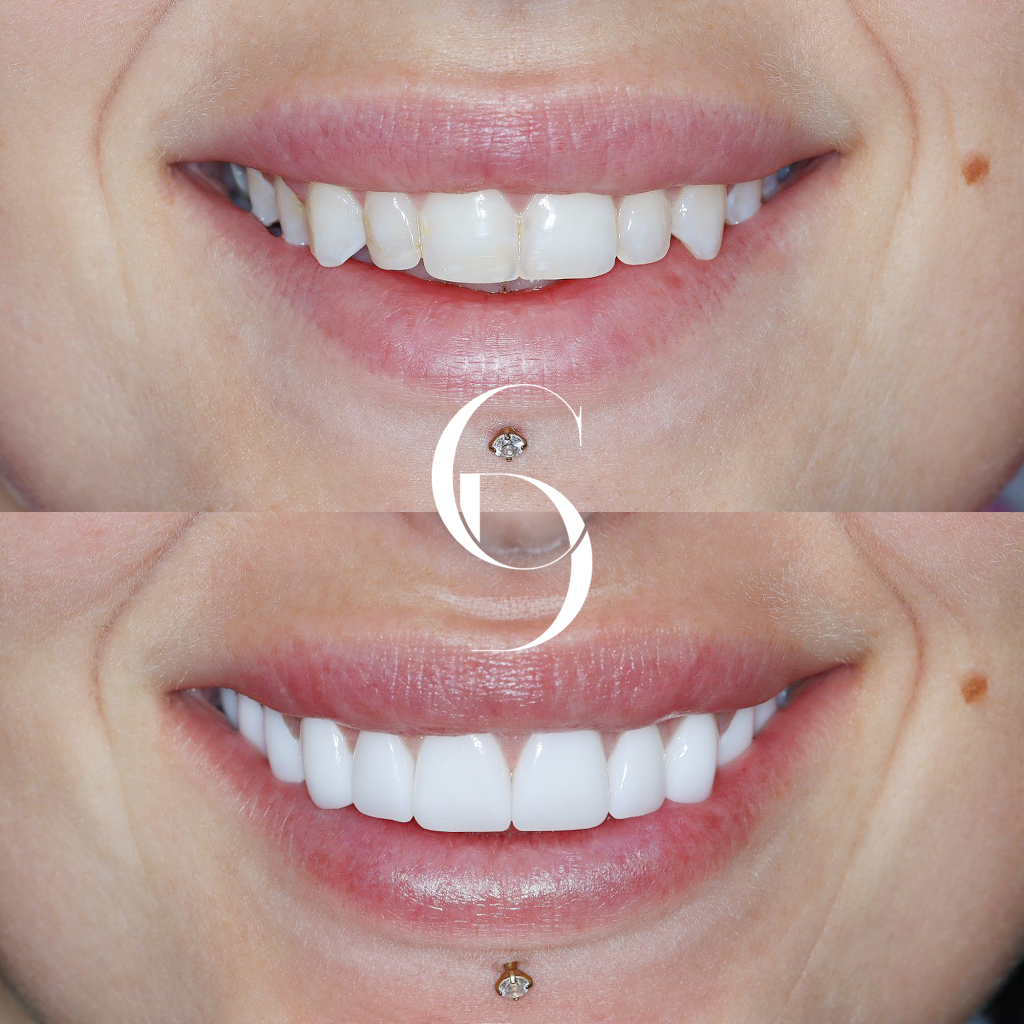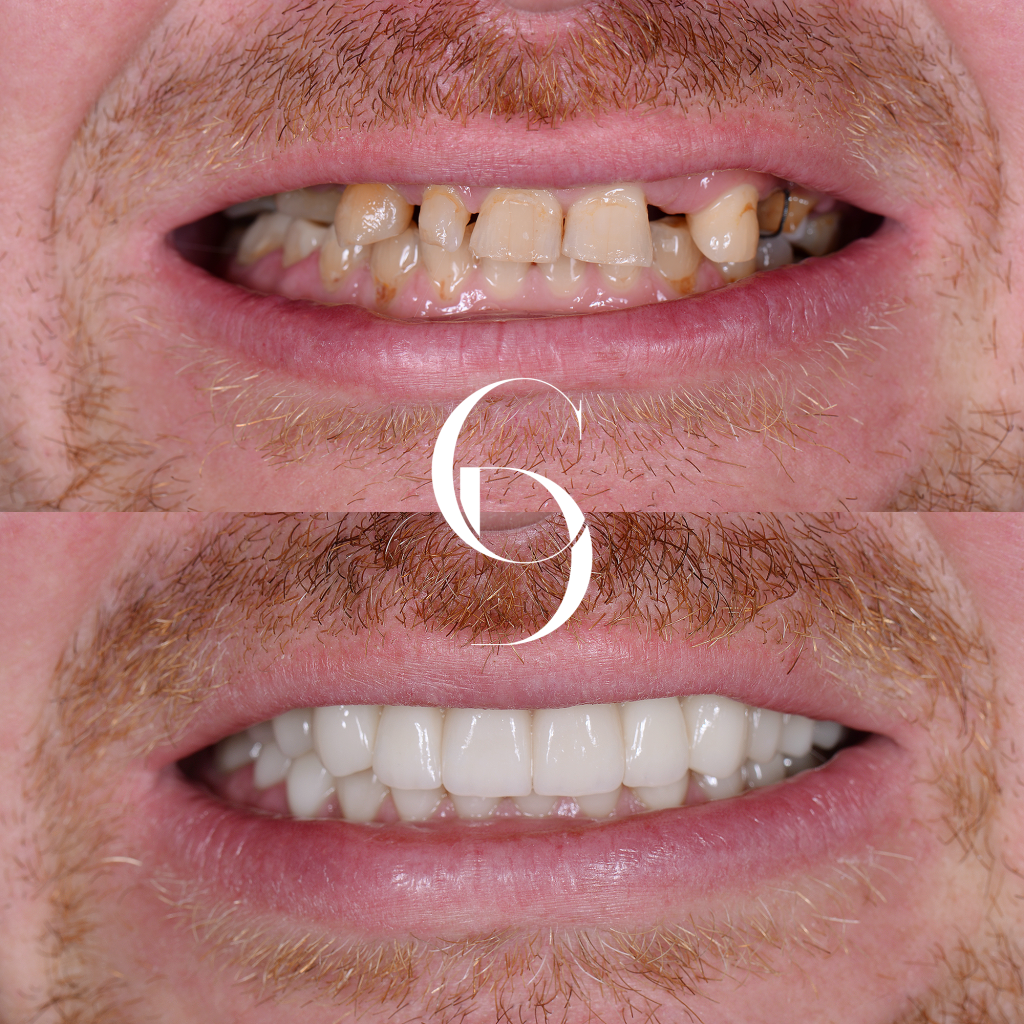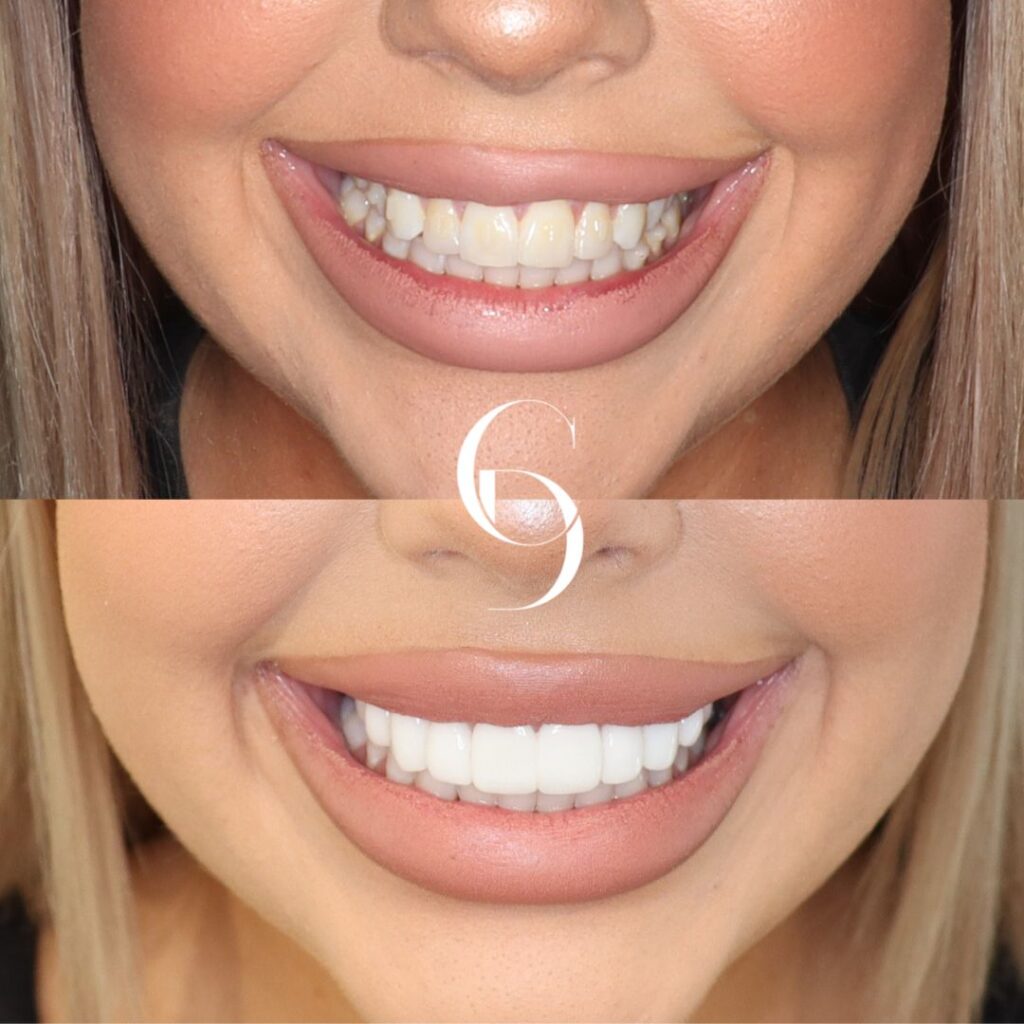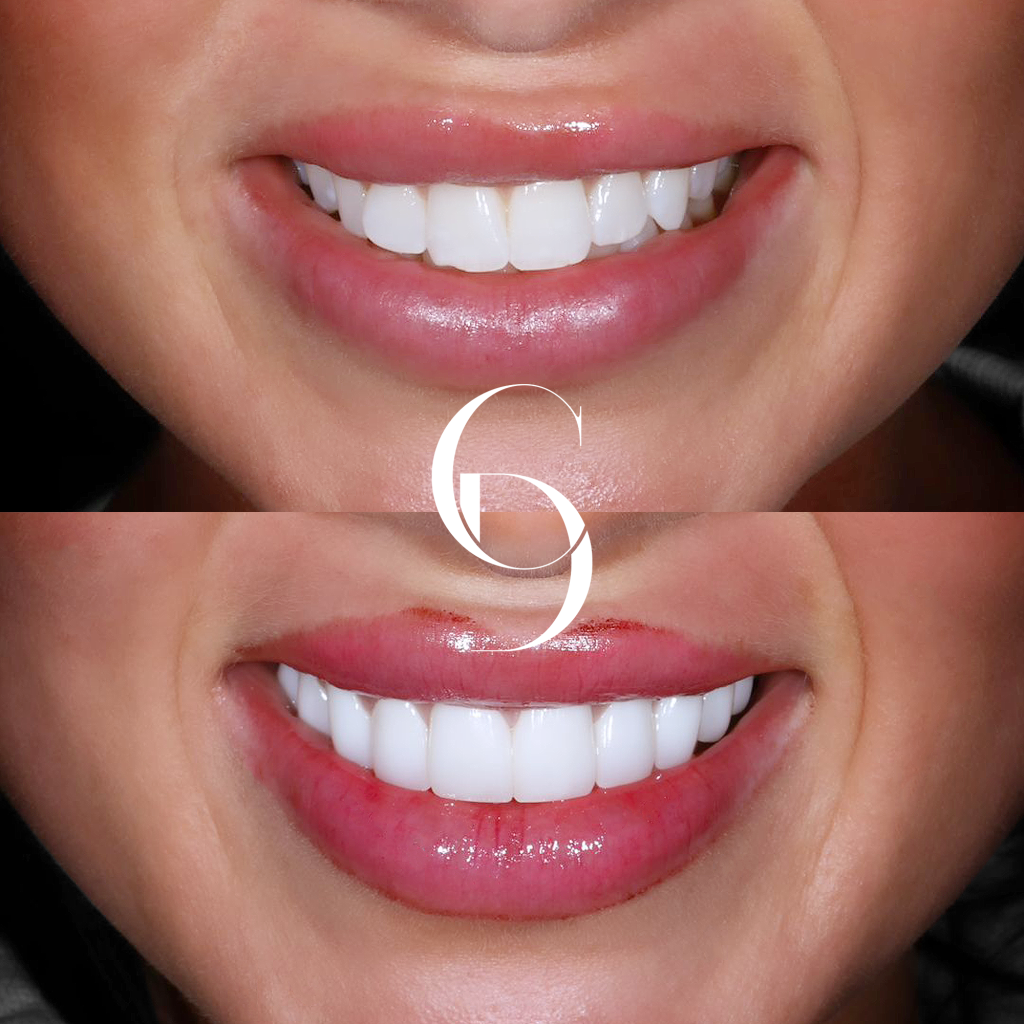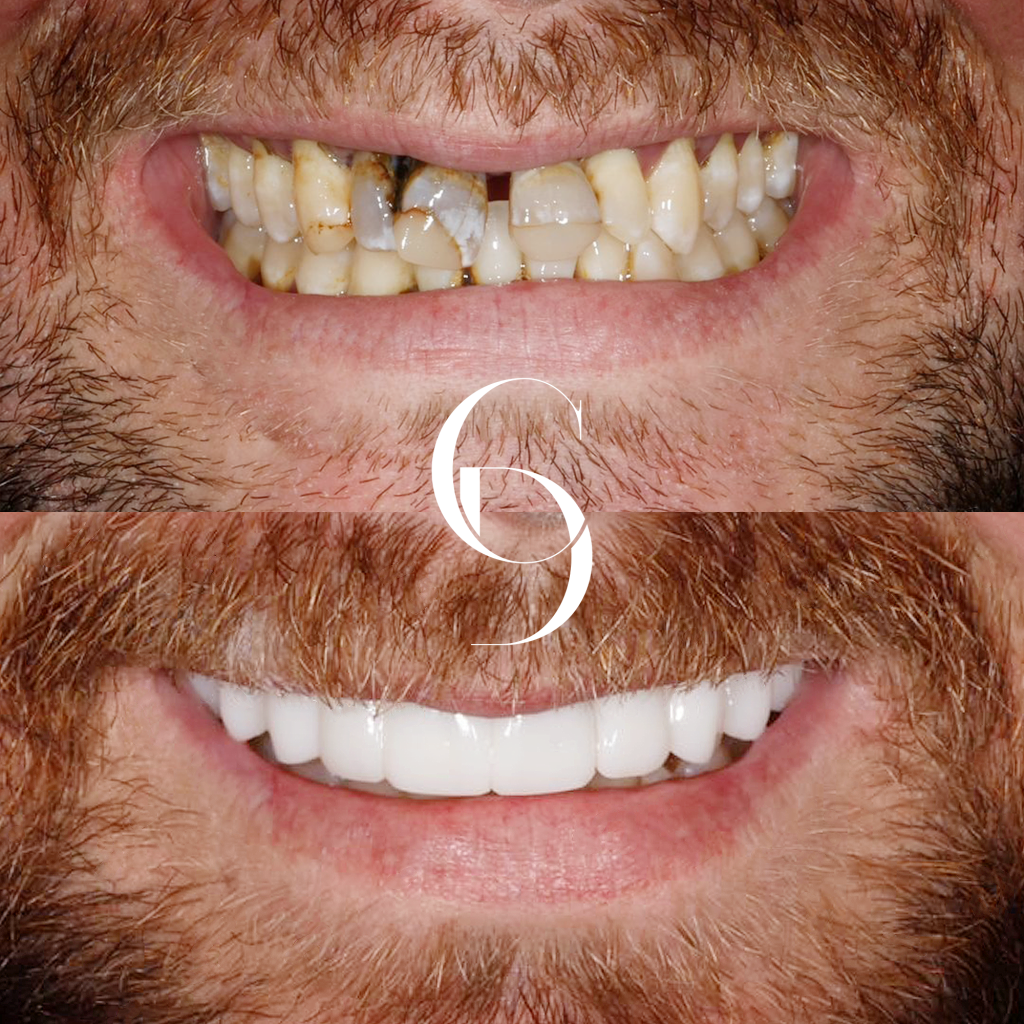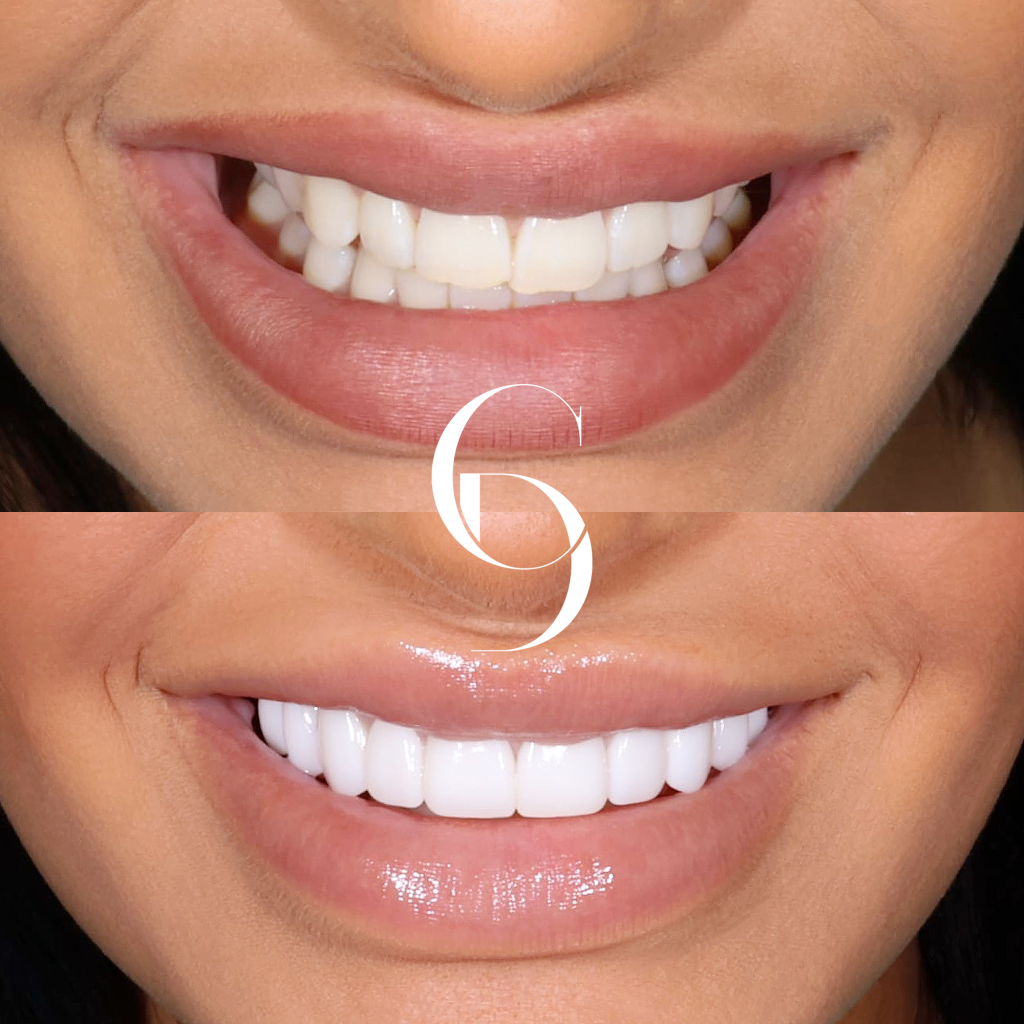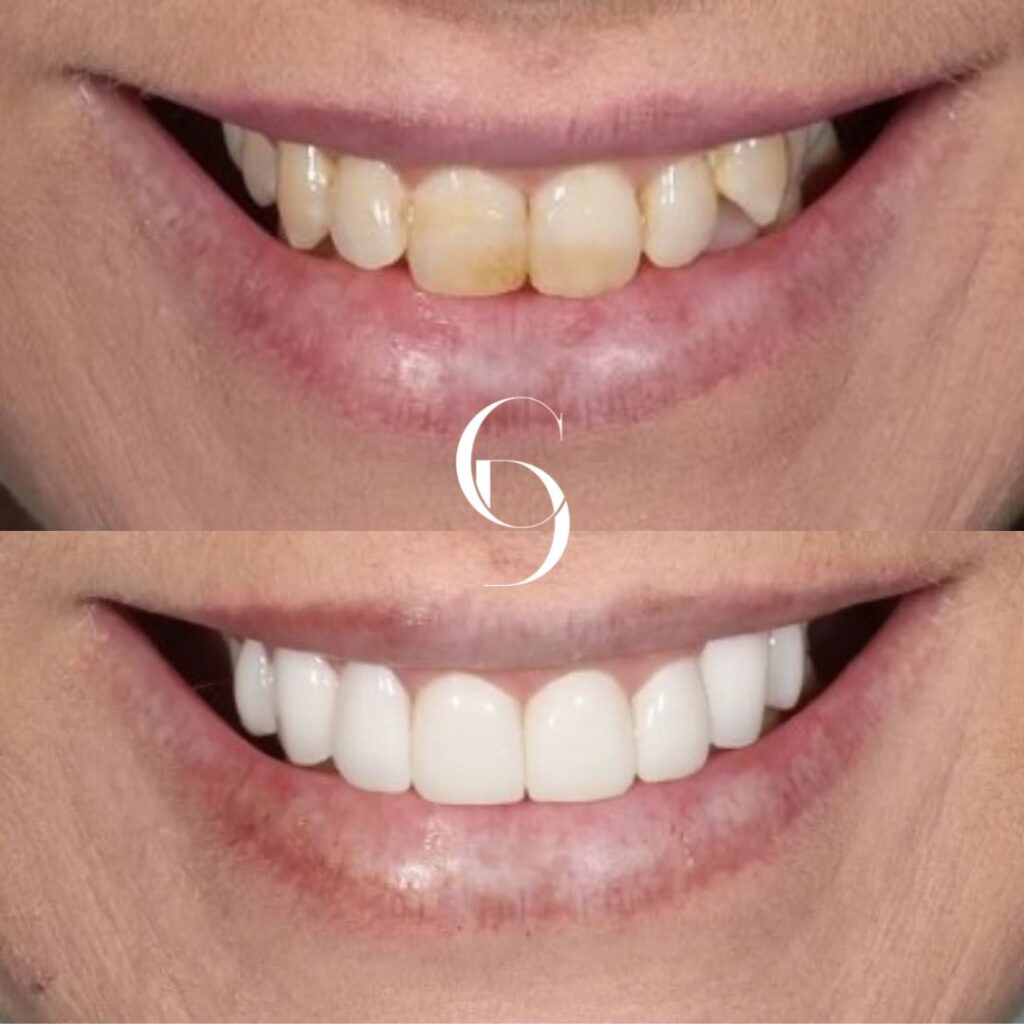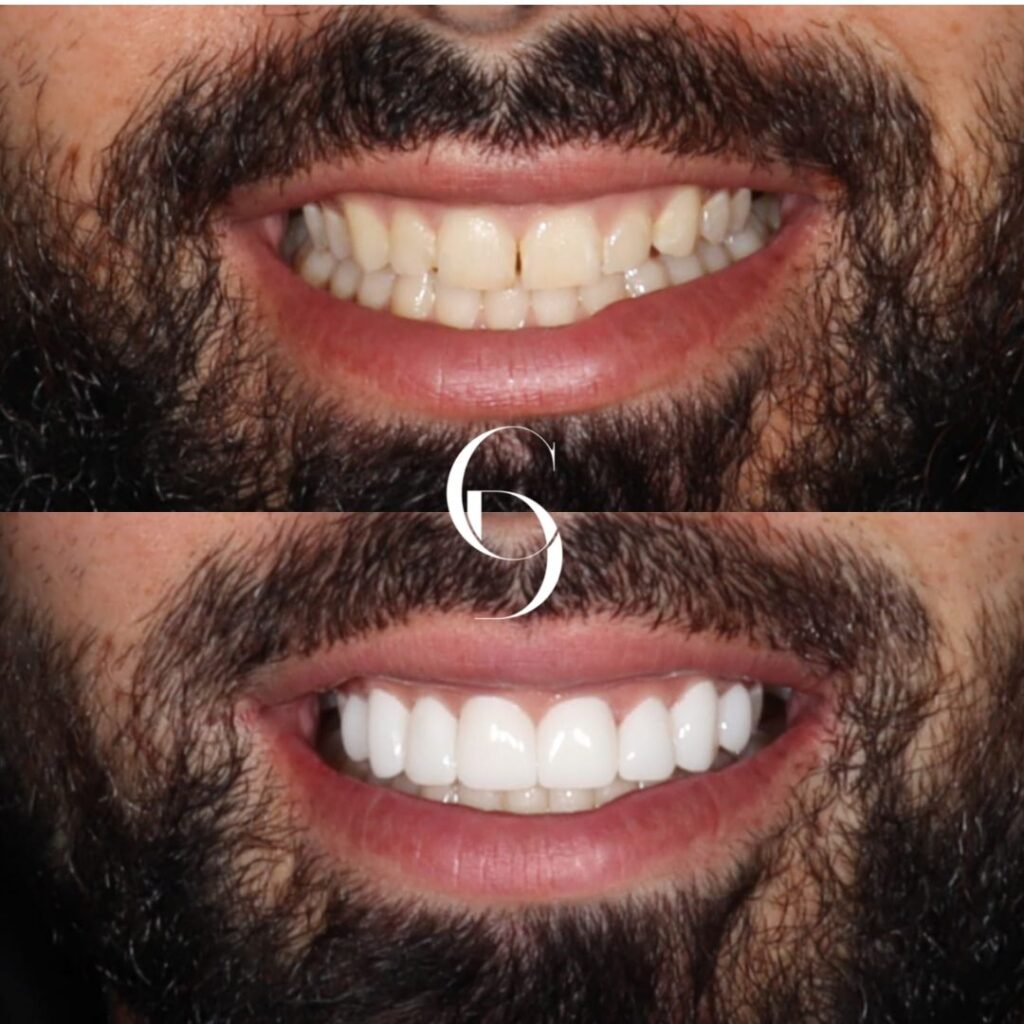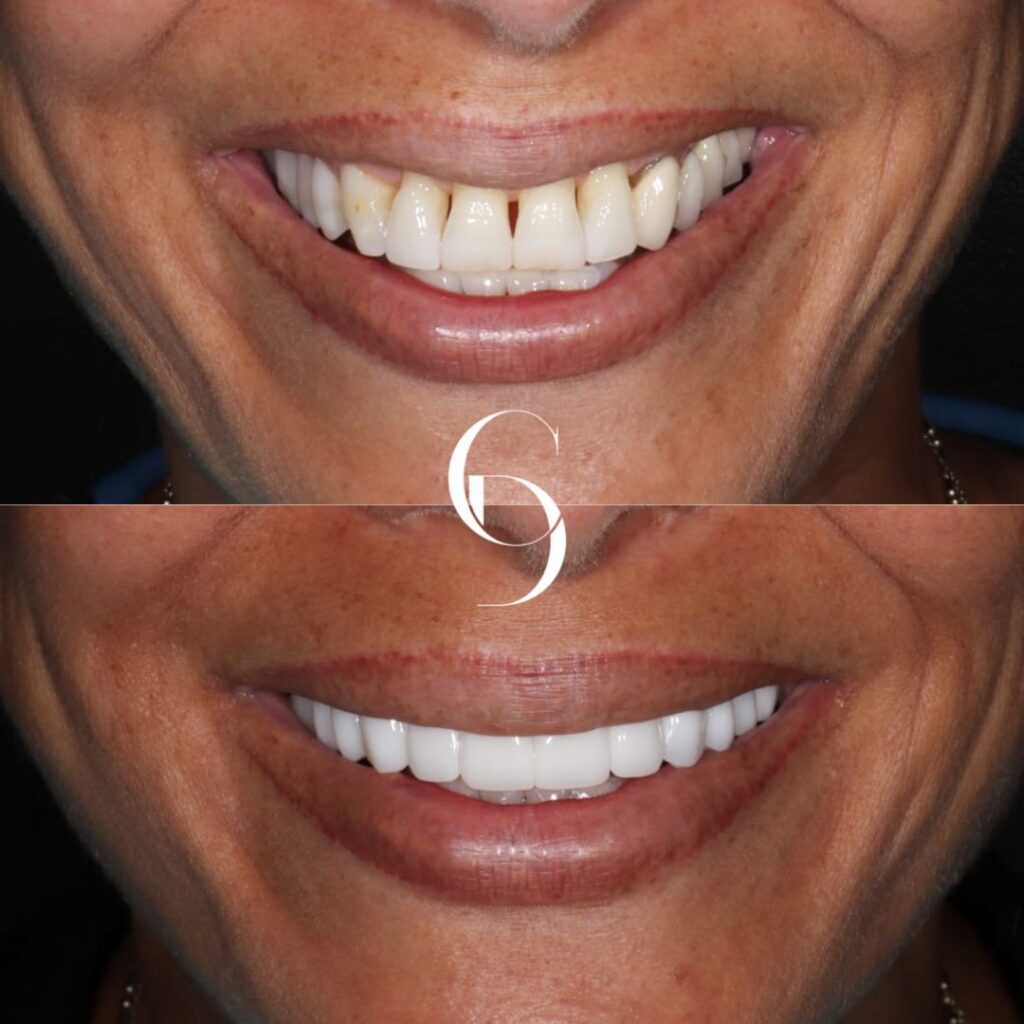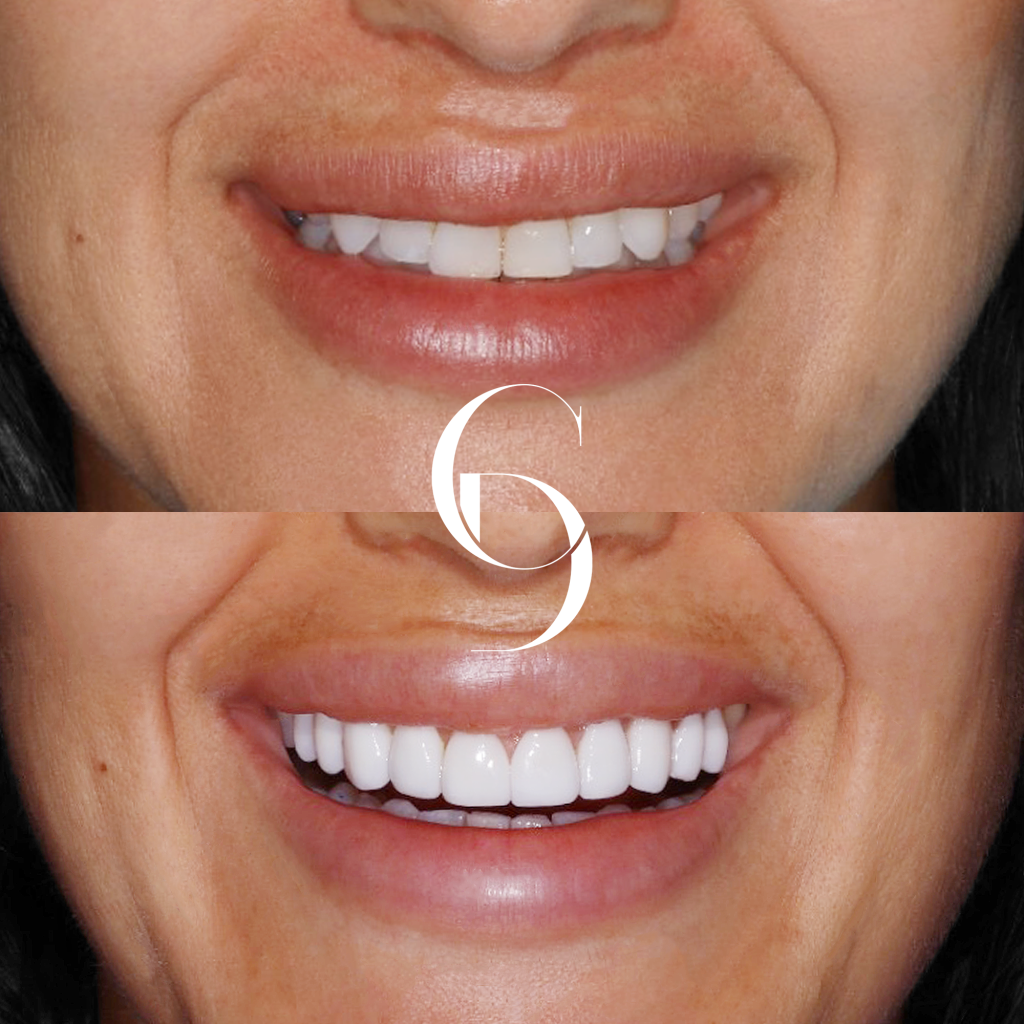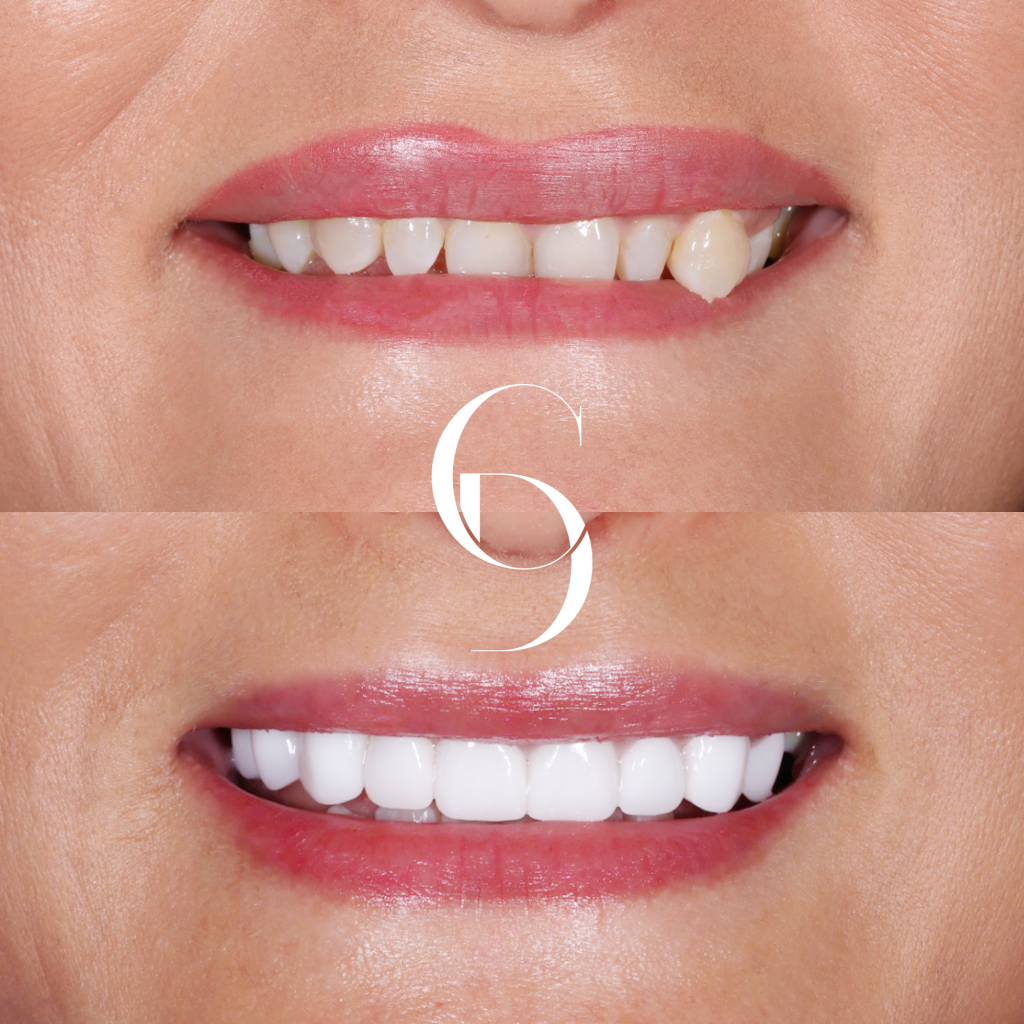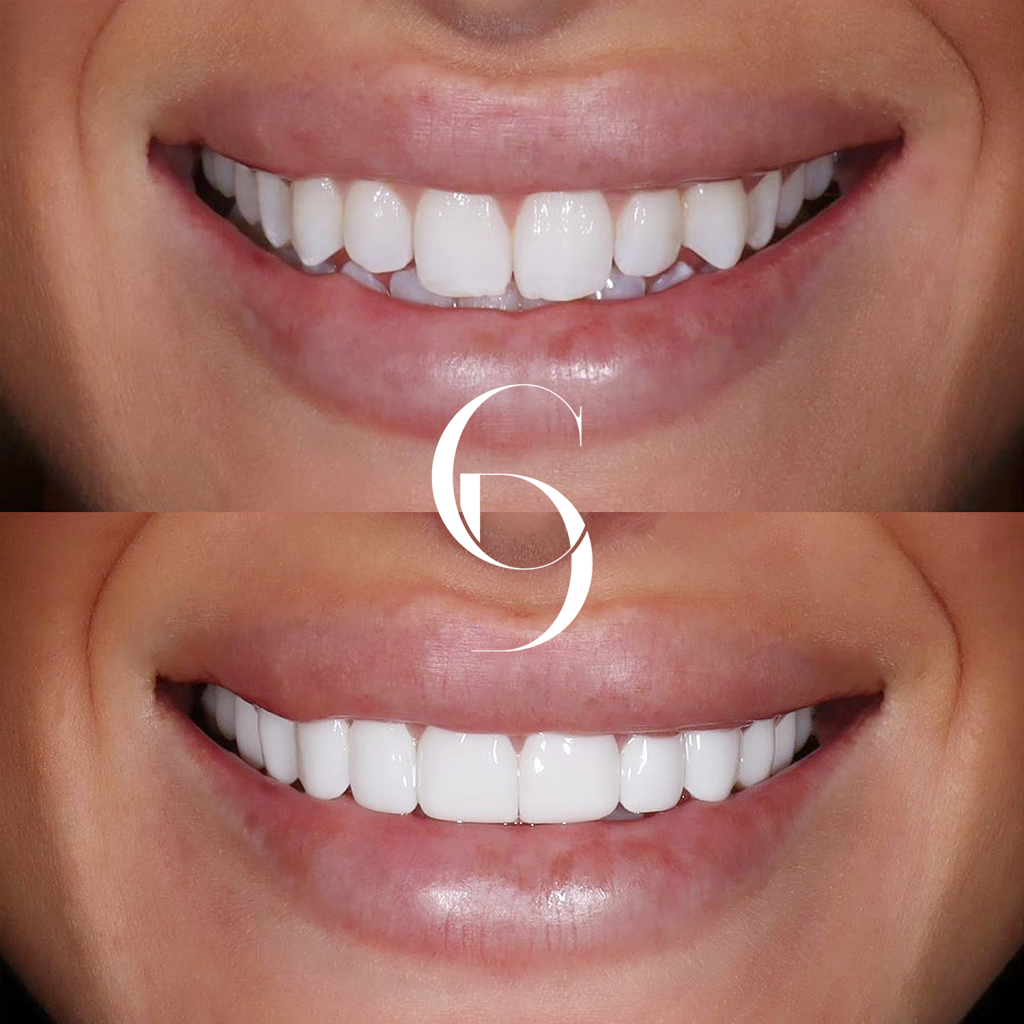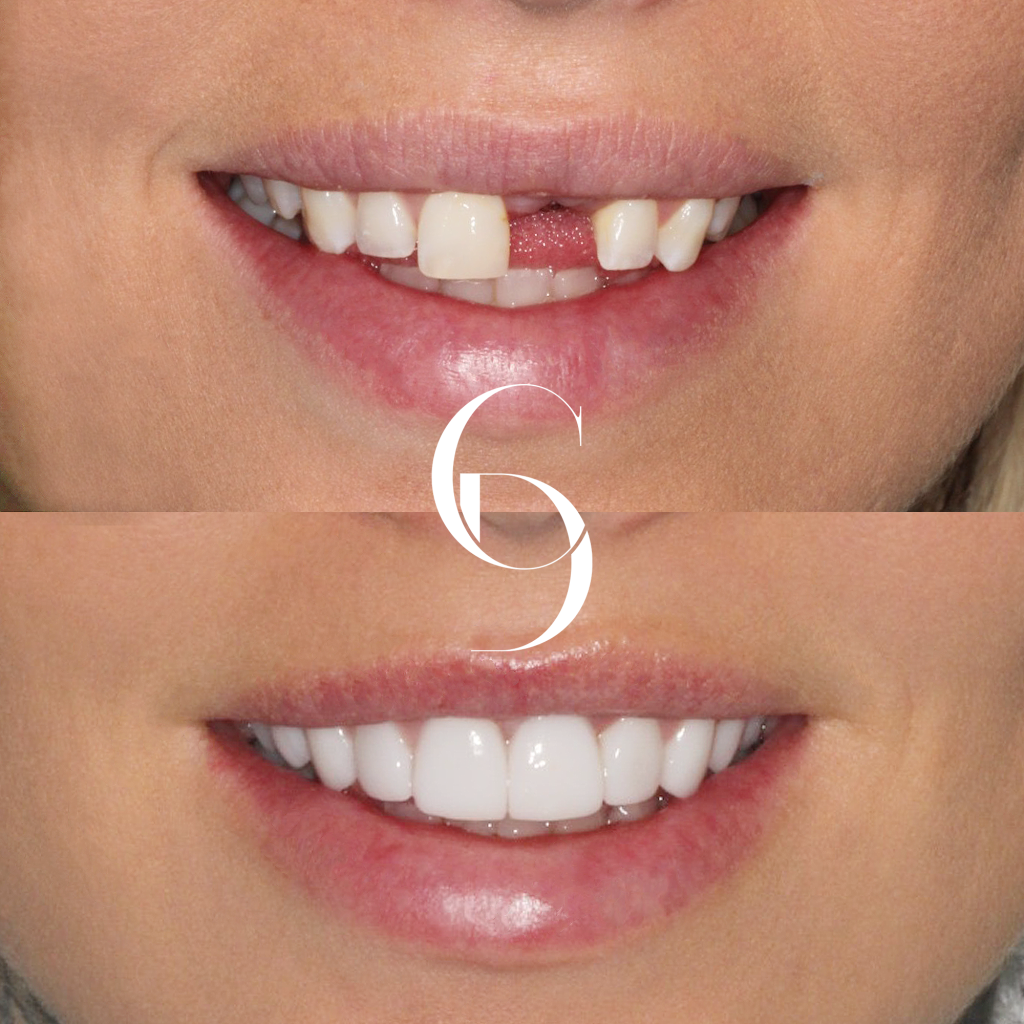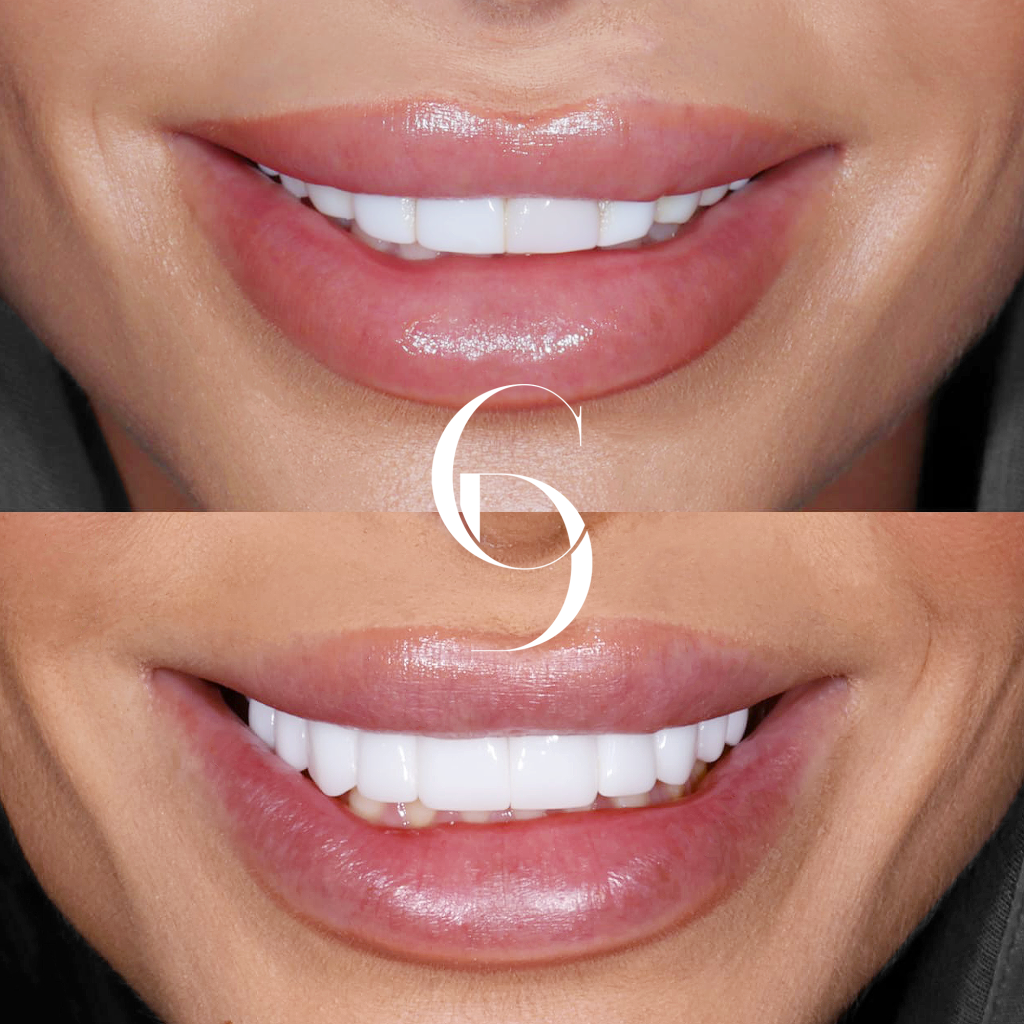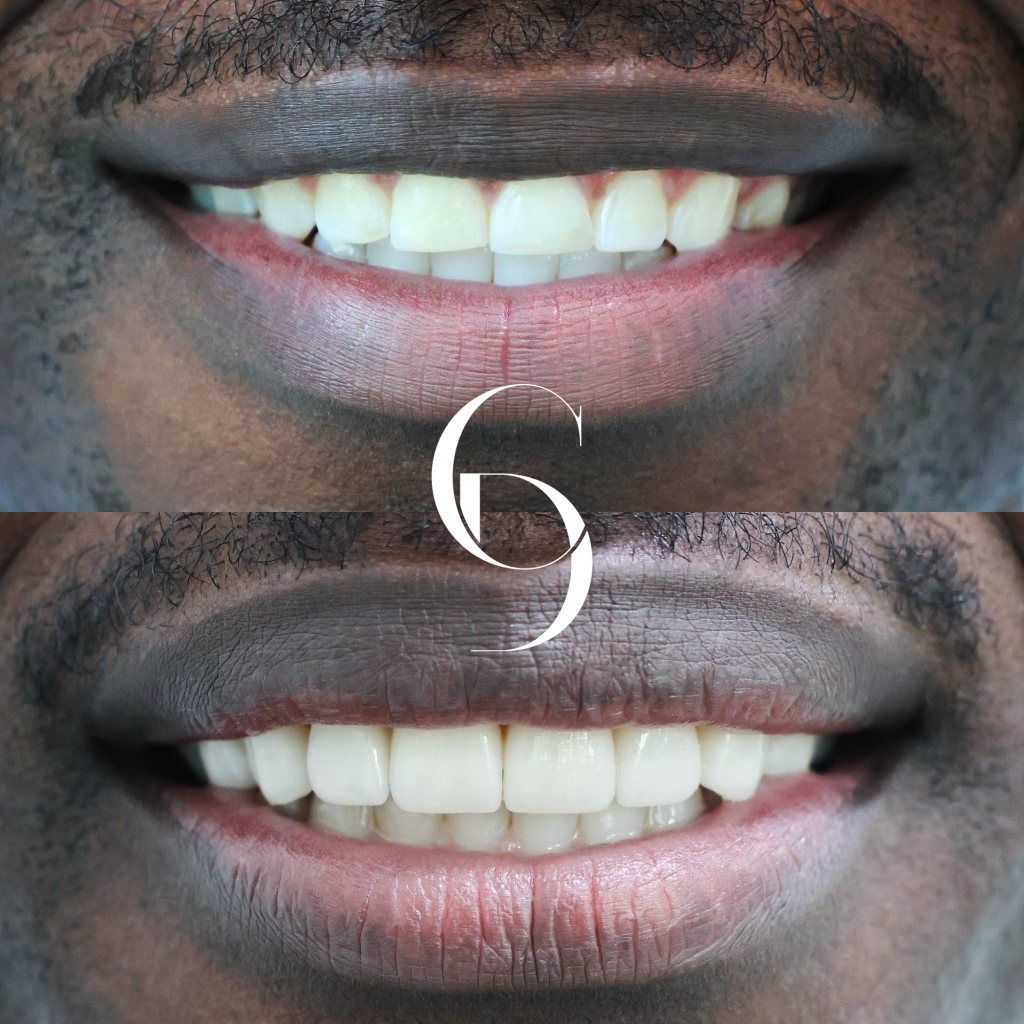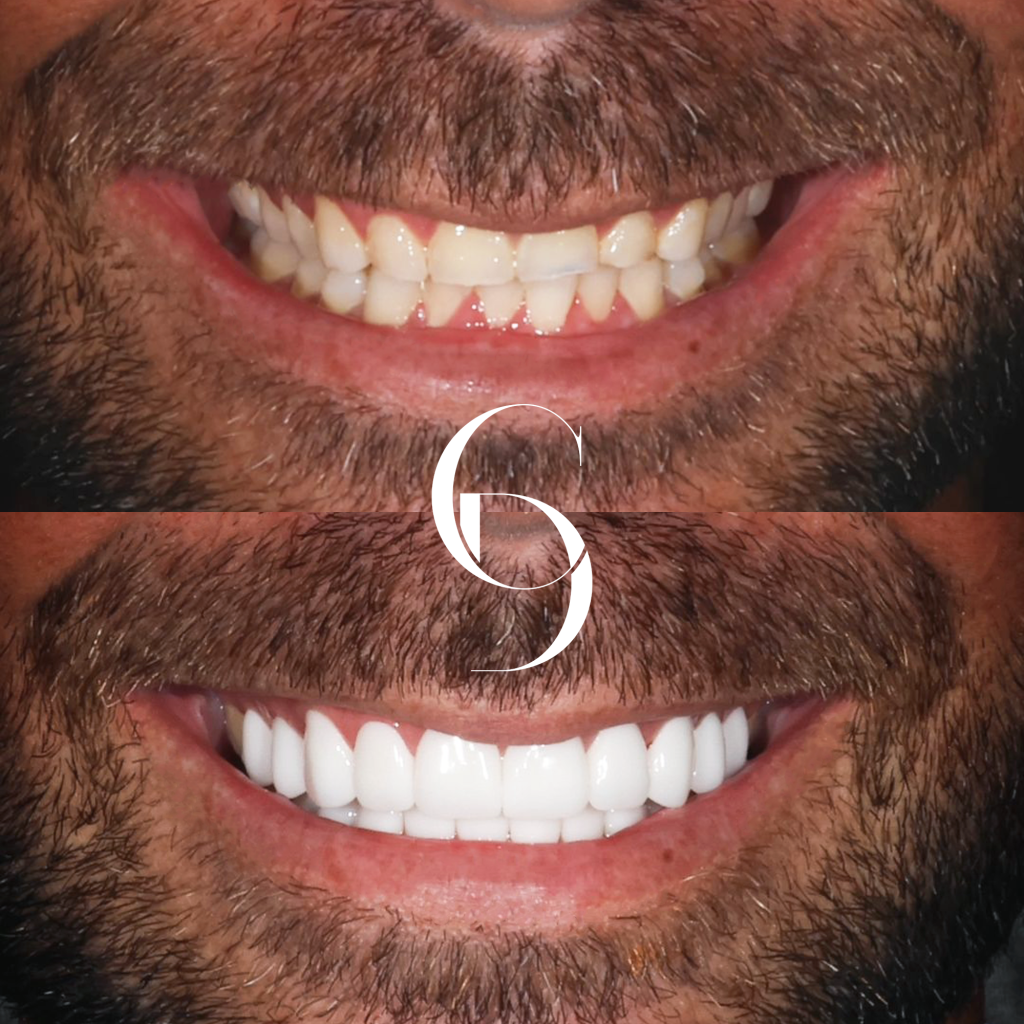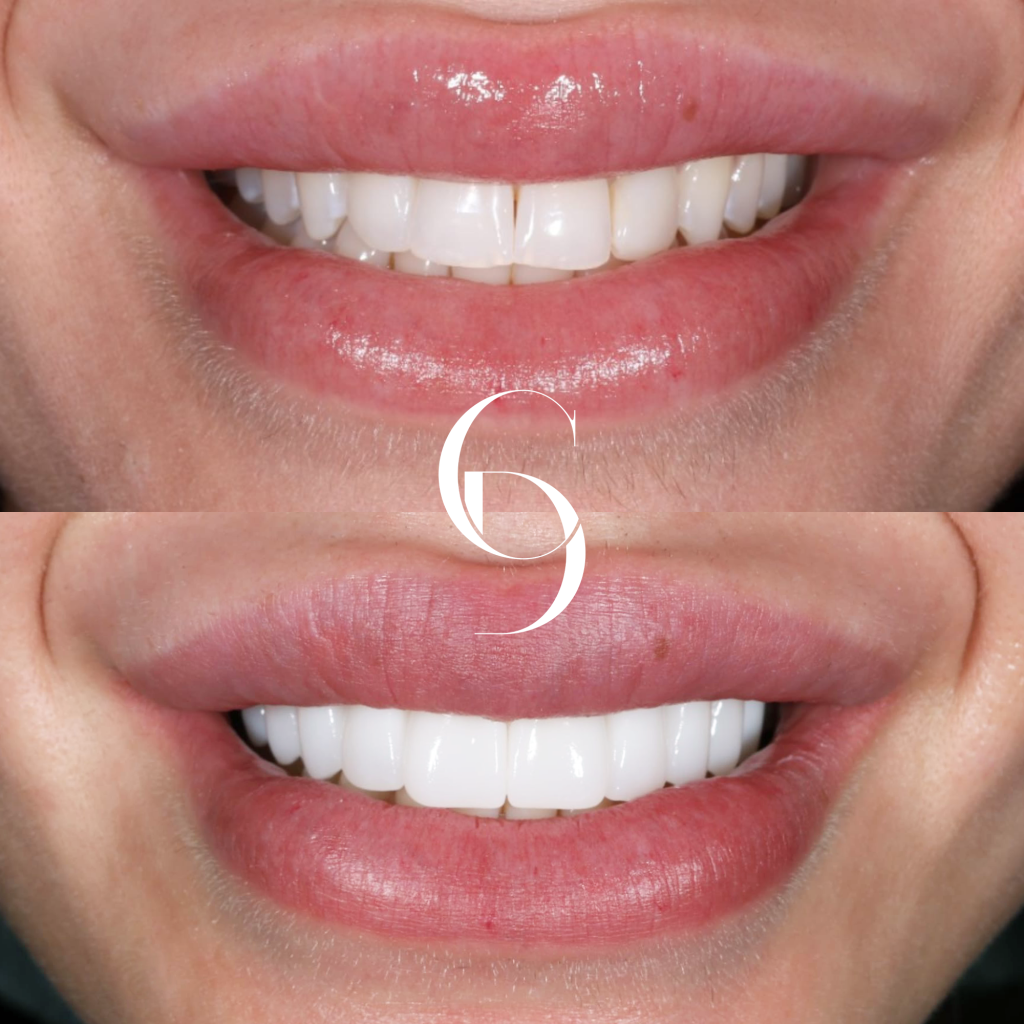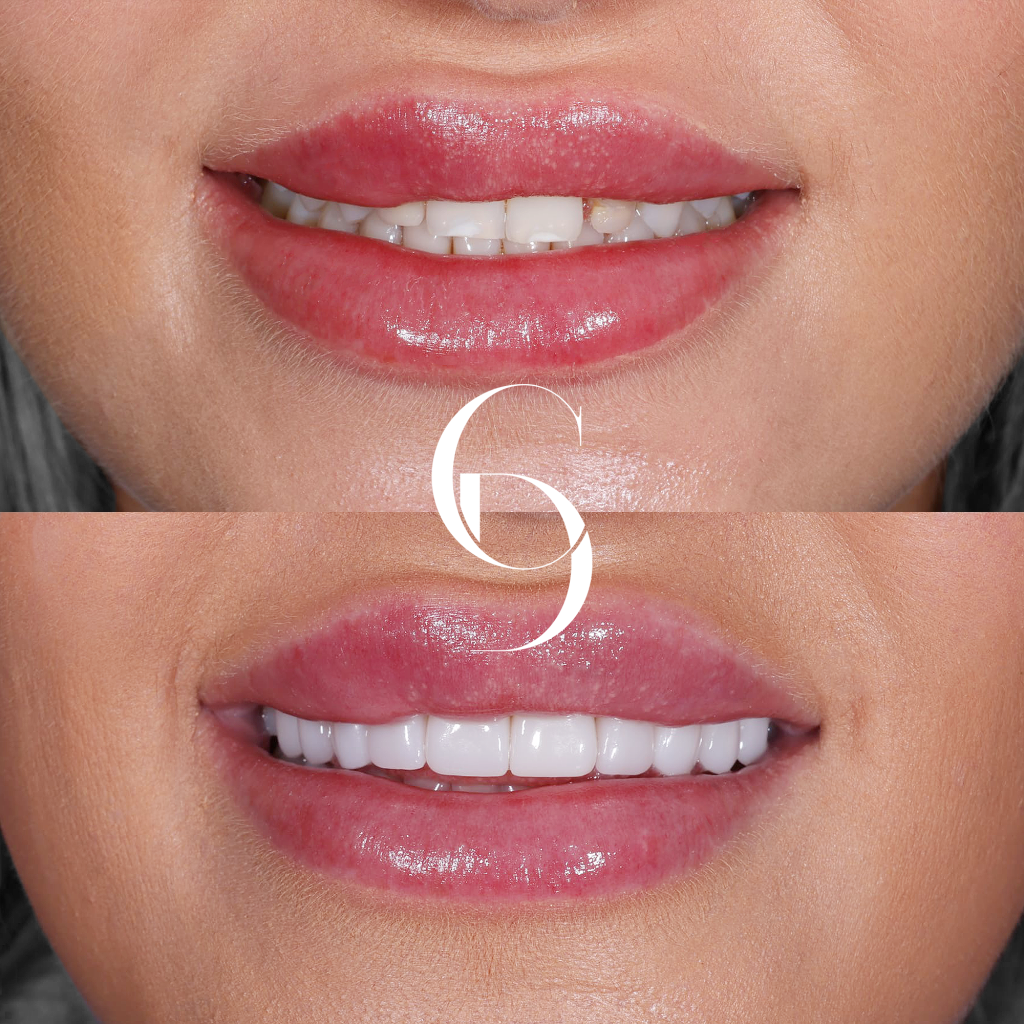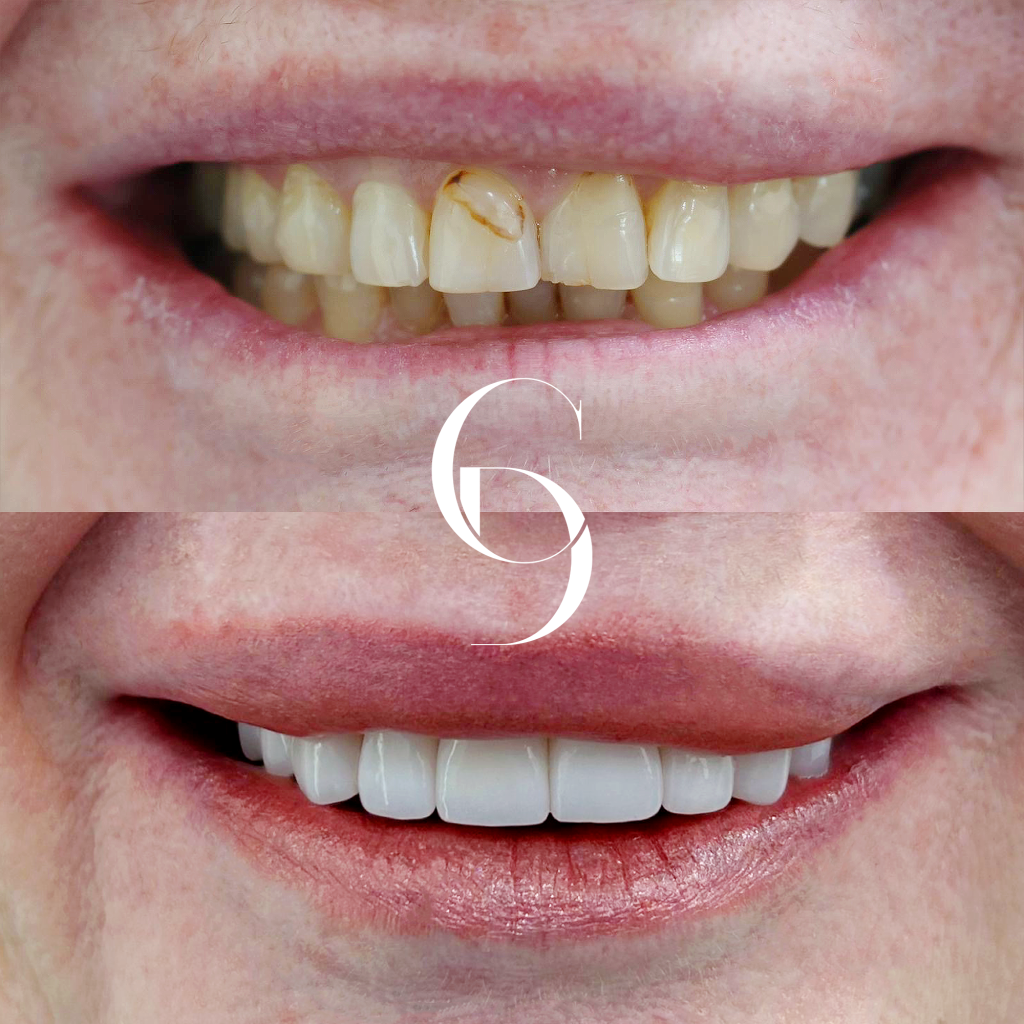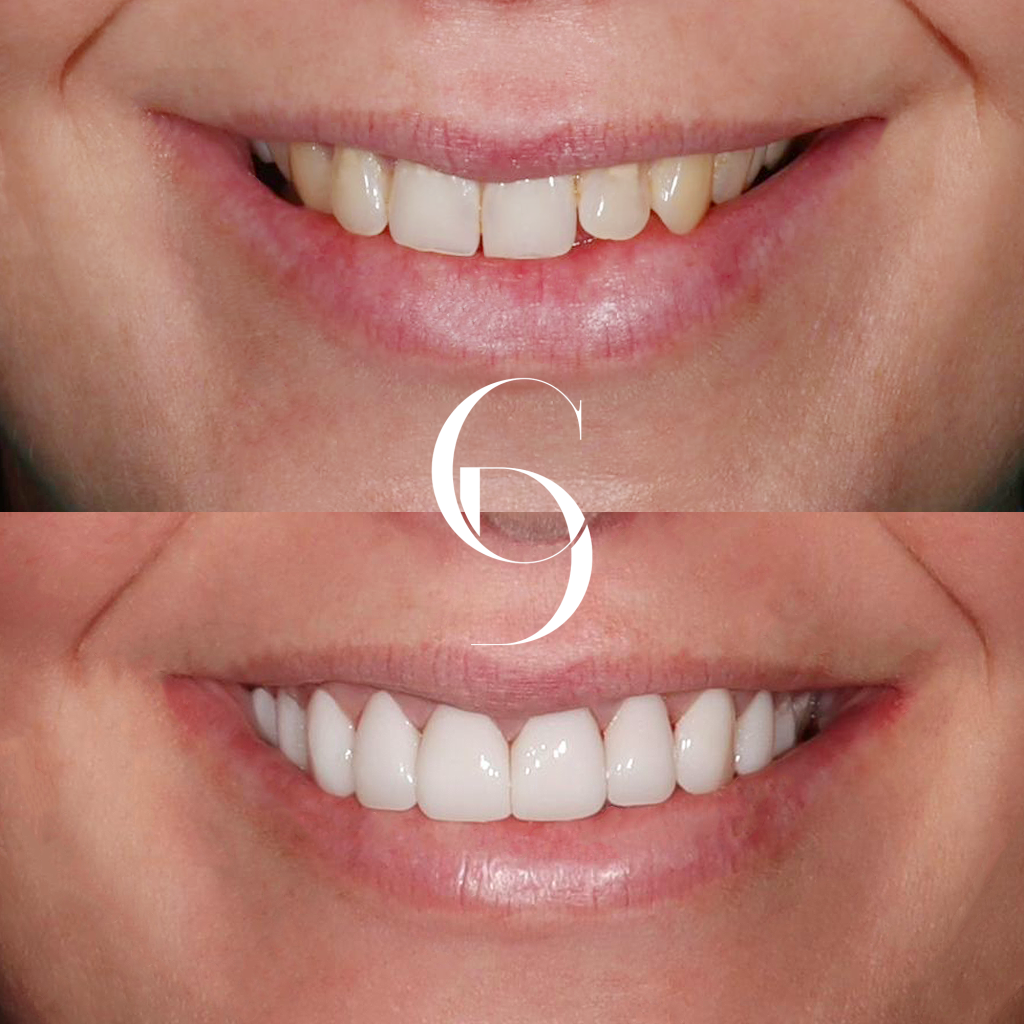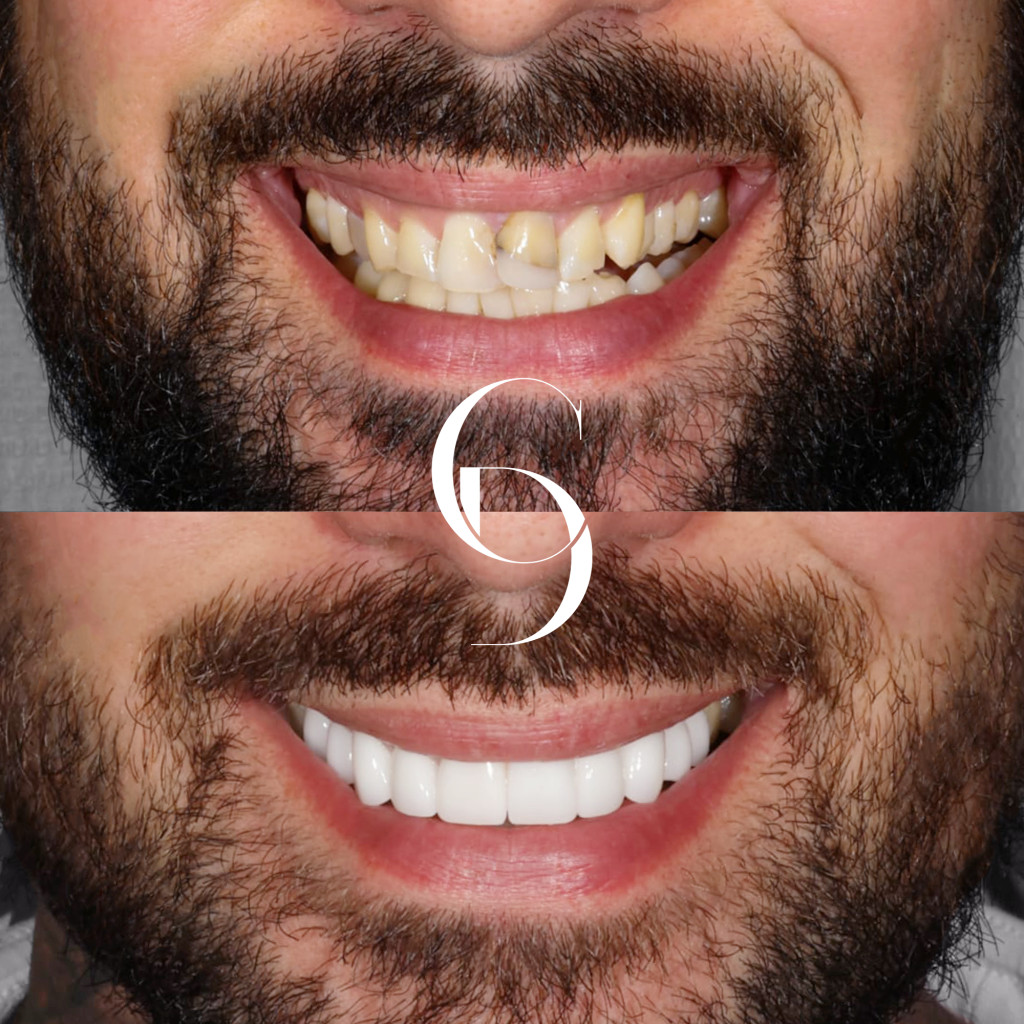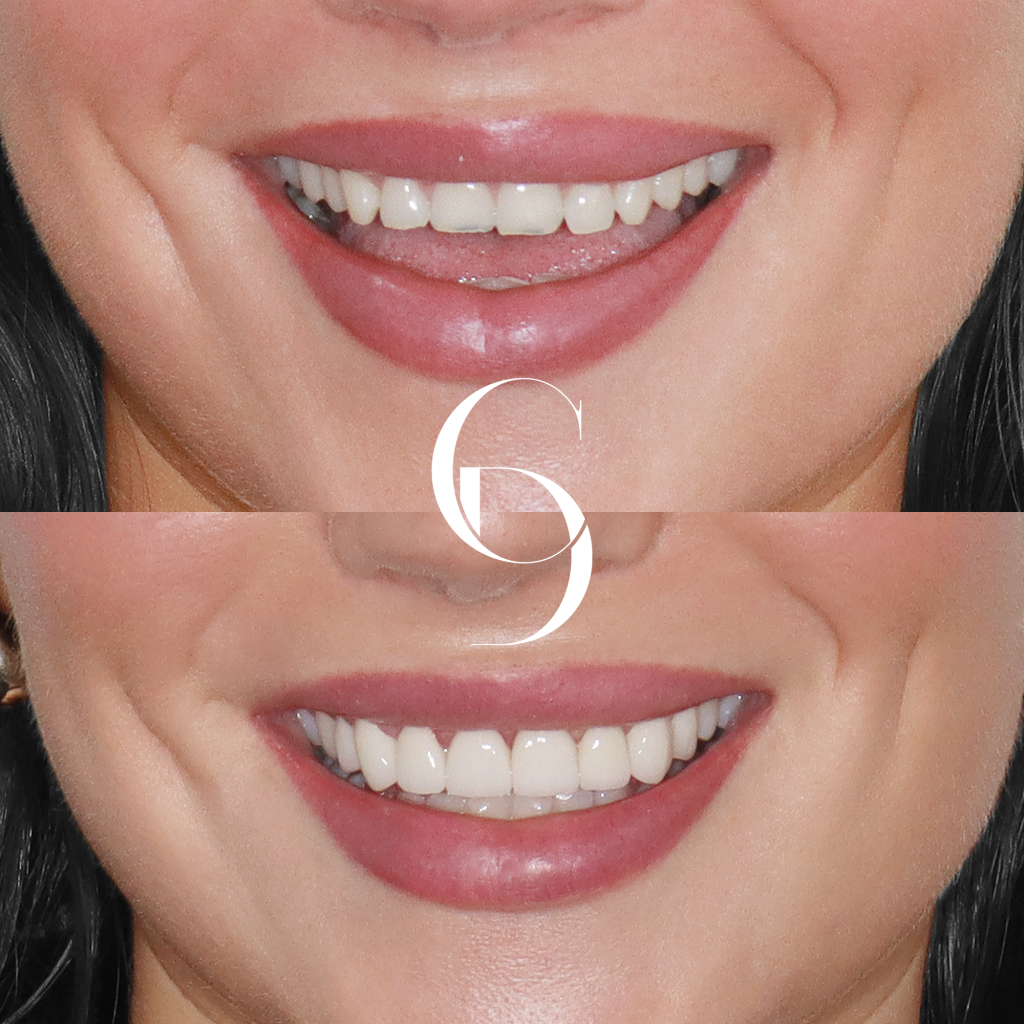There is a direct human genetic connection with sweet addiction. The sweet detector cells of tastebuds produce receptor TAS1R2/3 genes, possessing extremely compelling potential compared to other tastes. The sweet flavor that lures in the majority of our foods, from breakfast cereals to dinner desserts, goes through the chewing process of teeth, and that’s where our oral health comes into contrast.
Sugar stimulates our taste buds and feeds mouth bacteria that further produce acids. Increased acidity in the mouth gradually decays tooth enamel, raising the need for dental veneers and other expensive treatments. After this brief understanding, we will elaborate on the details below.
Mouth bacteria and sugar love
At any time, our mouth remains the habitat of 6-20 billion bacteria belonging to 500-650 different species! Sounds gross? Some of them are also good bacteria, but the majority are harmful when they interact with dietary sugars. Streptococcus mutans bacteria is one of those key culprits. When you consume sugar, S. Mutans feeds on it, converting it into lactic acid. This acid production lowers the pH in the mouth, leading to demineralization of the tooth enamel, the first step in cavity formation. Continued acid attacks can penetrate deeper layers of the tooth, causing cavities. Over time, a high-sugar diet can shift the microbial balance in the mouth, favoring acid-producing bacteria. Furthermore, the matrix formed by bacteria and sugar, known as dental plaque, can harden into tartar, leading to gum disease. Thus, sugar significantly influences oral health by interacting with mouth bacteria.
Different Oral Health Problems Caused By Sugar Intake
1. Caries (Tooth Decay)
The journey to tooth decay often begins with the sweets we savor. When you consume sugary treats, you’re not just feeding yourself but also the harmful bacteria in your mouth, primarily Streptococcus mutans. As these bacteria feast on sugar, they metabolise it, producing harmful acids as by-products. Over time, these acids pose a dire threat to our oral health by demineralizing the tooth enamel – the hard, outer layer of our teeth. This demineralization weakens the enamel, making it susceptible to cavities. These tiny holes or openings can grow larger over time if left unchecked. If not addressed on time with teeth veneers, it causes significant damage and potential tooth loss.
2. Periodontitis (Gum Disease)
As you sip that sugary drink or munch on candy, you might inadvertently be laying the groundwork for gum disease. Sugar promotes the buildup of plaque, a soft, sticky film filled with bacteria, around and between the teeth and along the gum line. If allowed to thrive, this plaque can cause gum inflammation, known as gingivitis. Red, swollen, or bleeding gums often characterise this early stage of gum disease. If gingivitis isn’t addressed promptly, it can progress to periodontitis, a severe gum disease that damages the tissues and bones that support the teeth, potentially leading to tooth loss.
3. Thrush (Oral Candidiasis)
Your mouth is a delicate ecosystem. Consuming excessive sugar, especially for those with compromised immune systems, can disrupt this balance. High sugar intake provides an ideal environment for the overgrowth of the yeast Candida albicans. This yeast overgrowth manifests as a condition known as oral thrush. It’s easily recognisable by its distinctive white patches that form on the tongue, inner cheeks, and sometimes the roof of the mouth. These patches can be painful and might bleed when scraped.
4. Halitosis (Bad Breath)
There’s an immediate aftermath to enjoying sugary snacks, and it’s not just the delightful taste. These sugary residues can be broken down by bacteria present in the mouth, leading to the release of malodorous sulphur compounds. This process often results in bad breath or halitosis. Furthermore, as sugar exacerbates gum diseases, these conditions, particularly periodontitis, can also be significant culprits behind persistent bad breath. Incorporating a good oral hygiene routine, including regular tongue cleaning, can help combat halitosis.
5. Acidic Oral Environment
Every time you indulge in sugary delights, there’s an immediate drop in the pH level within your oral environment. This lowered pH creates an acidic milieu, which is anathema for tooth enamel. Enamel, despite being the hardest substance in the human body, isn’t invincible. Acidic conditions expedite its erosion, resulting in thinner enamel. As enamel wears away, the underlying dentin, which is yellower and more sensitive, gets exposed. This exposure can cause discomfort while consuming hot, cold, or sweet foods and drinks.
6. Increased Plaque Production
The oral cavity is home to countless bacteria, many of which thrive on the sugars we consume. These sugars facilitate the bacteria in producing a thick layer of dental plaque. While some plaque formation is natural, an abundance of sugar supercharges this process. Over time, if not diligently removed through brushing and flossing, this plaque hardens into tartar. Unlike plaque, which can be brushed away, tartar can only be removed during a professional dental cleaning. Left unchecked, tartar can lead to further oral complications, including exacerbating gum diseases.
7. Tooth Discoloration
Our teeth, while resilient, are not stain-proof. Foods and drinks rich in sugar, particularly dark-colored sodas and certain candies, can leave a mark on our teeth, leading to discoloration over time. Moreover, the accelerated buildup of plaque and tartar due to sugar consumption doesn’t just pose a risk for gum diseases; it also contributes to a yellowish tint on our teeth. Regular dental check-ups, coupled with vigilant oral hygiene, can mitigate this staining, preserving your pearly whites.
Sugar, in the form of glucose, lactose, and maltose, delivers important body nutrition requirements, but we crave more than required, resulting in severe oral health issues. Adopt a healthy lifestyle before you are compelled to invest heavily in implants or veneers for teeth health recovery.

